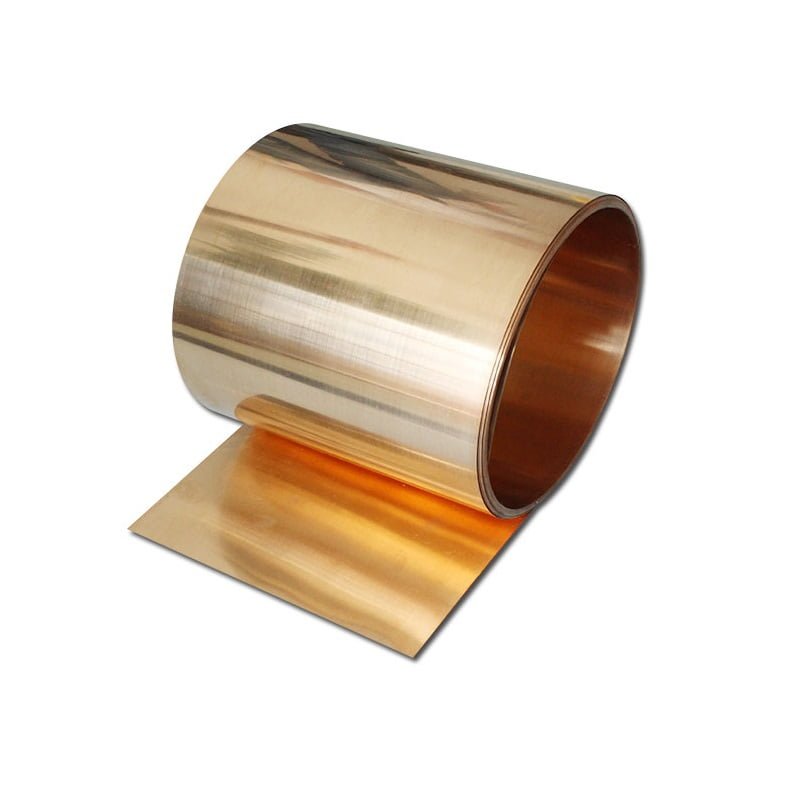
Introduction
Beryllium copper alloys are renowned for their unique combination of strength, conductivity, and corrosion resistance. Among these, C17500 and C17510 are two prominent alloys used in various industrial applications. This article provides an in-depth comparison of these two alloys, focusing on their composition, properties, applications, and performance.
Composition and Chemical Properties
Both C17500 and C17510 are beryllium copper alloys, but they differ in their specific compositions, which influence their properties and applications.
| Property | C17500 | C17510 |
|---|---|---|
| Copper (Cu) | Balance | Balance |
| Beryllium (Be) | 0.2% – 0.6% | 0.2% – 0.6% |
| Nickel (Ni) | 1.4% – 2.2% | – |
| Cobalt (Co) | – | 2.4% – 2.7% |
| Other Elements | Trace amounts of other elements | Trace amounts of other elements |
Mechanical Properties
The mechanical properties of these alloys determine their suitability for different applications.
| Property | C17500 | C17510 |
|---|---|---|
| Tensile Strength | 690 – 1030 MPa | 690 – 1030 MPa |
| Yield Strength | 410 – 690 MPa | 410 – 690 MPa |
| Elongation | 10% – 25% | 10% – 25% |
| Hardness (Rockwell) | B90 – B100 | B90 – B100 |
Electrical and Thermal Conductivity
Conductivity is a critical factor for applications in electrical and thermal environments.
| Property | C17500 | C17510 |
|---|---|---|
| Electrical Conductivity | 45% – 60% IACS | 45% – 60% IACS |
| Thermal Conductivity | 105 – 125 W/m·K | 105 – 125 W/m·K |
Applications
Both alloys are used in various industries, but their specific properties make them suitable for different applications.
- C17500 Applications:
- Electrical connectors and contacts
- Springs and diaphragms
- Welding electrodes
- C17510 Applications:
- High-performance electrical connectors
- Switch components
- Resistance welding components
Performance Comparison
The performance of C17500 and C17510 in different environments can vary based on their composition.
- Corrosion Resistance: Both alloys offer excellent corrosion resistance, but C17510 may provide slightly better performance in certain corrosive environments due to its cobalt content.
- Wear Resistance: C17510 generally offers better wear resistance, making it suitable for high-stress applications.
- Cost Considerations: The cost of these alloys can vary based on market conditions and specific alloying elements.
Conclusion
C17500 and C17510 beryllium copper alloys each offer unique advantages that make them suitable for specific applications. The choice between them should be based on the specific requirements of the application, including mechanical strength, conductivity, and environmental conditions.
If you would like the full article in a document format, please let me know, and I can create an artifact for you.
